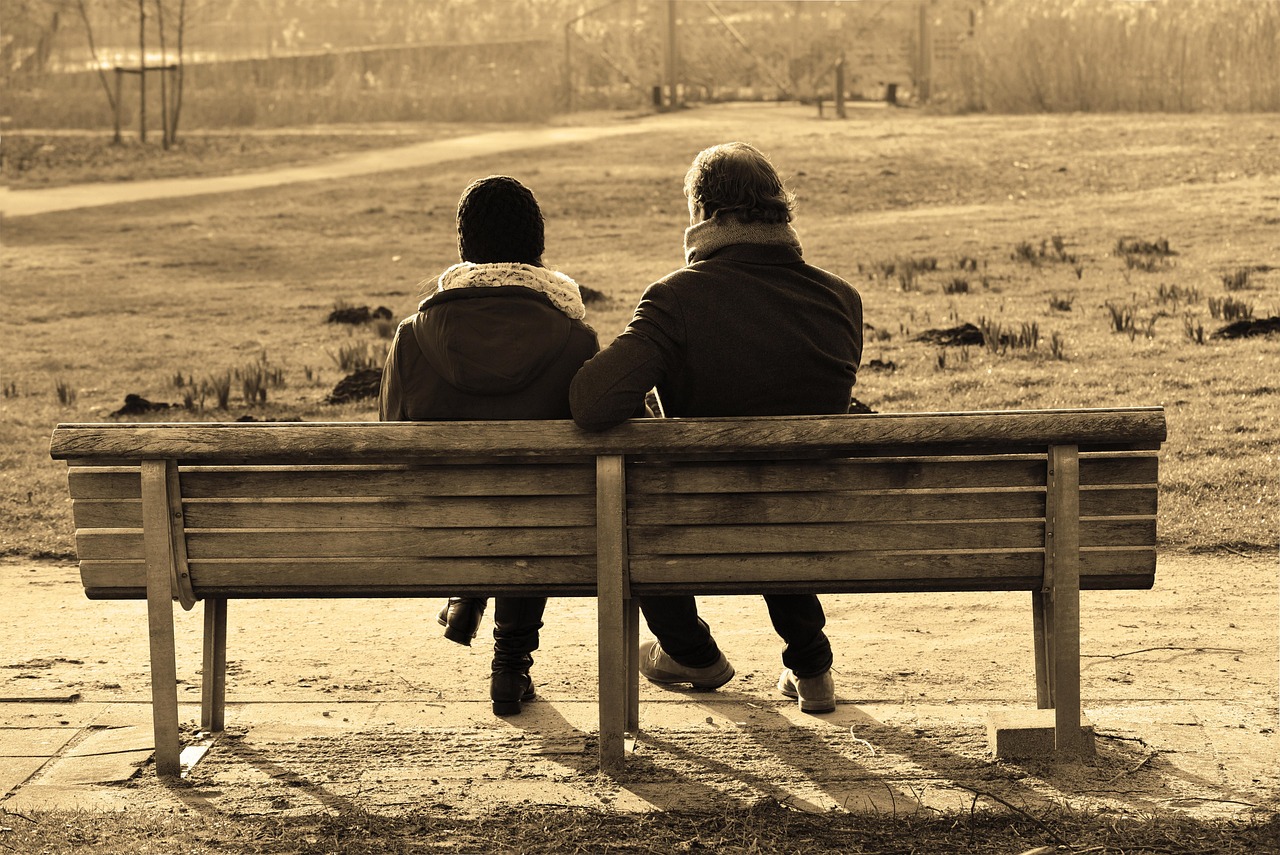Freedom is often celebrated as the ultimate goal — the ability to choose, to speak, to live life on one’s own terms. In personal development, politics, art, and even everyday decision-making, the concept of freedom is deeply valued. But freedom without responsibility is incomplete. It is like a coin with only one side.
True freedom isn’t just the absence of rules or control. It’s the presence of choice guided by responsibility. These two forces must work together to create a life that is not only free, but also meaningful and sustainable. In this article, we’ll explore why freedom and responsibility are inseparable and how embracing both can lead to personal growth and collective well-being.
What Is Freedom?
Freedom is the power to act, speak, or think without external constraints. It allows you to live authentically, pursue your dreams, and shape your life in alignment with your own values. Freedom provides:
- Autonomy: Making your own choices without interference
- Expression: Speaking your truth openly
- Movement: Living where you want, working how you prefer, being yourself
However, freedom without boundaries can quickly lead to chaos, confusion, or harm — not only for you, but for those around you.
What Is Responsibility?
Responsibility is the ability to respond — thoughtfully and intentionally — to the choices we make. It involves:
- Accountability: Owning your actions and their consequences
- Integrity: Acting in alignment with your values
- Respect: Considering how your choices affect others
Responsibility doesn’t restrict freedom — it gives it purpose. It transforms freedom from a selfish desire into a mature way of living.
Why They Must Coexist
Imagine someone who has total freedom but no responsibility. They could lie, cheat, or harm others without consequences. That isn’t true freedom — it’s irresponsibility, and it often results in long-term damage, isolation, or regret.
On the other hand, someone who is only responsible, constantly following rules or serving others without honoring their own needs, may feel trapped or burnt out. That’s self-neglect, not noble sacrifice.
Only when freedom and responsibility are balanced can a person:
- Make choices that reflect their truth
- Accept the consequences of those choices
- Grow from both successes and mistakes
- Contribute positively to others while honoring themselves
Examples in Real Life
Let’s explore how this dynamic plays out in everyday situations:
1. Freedom at Work
Working remotely offers more freedom — you choose your hours, your location, even your schedule. But it also requires more responsibility:
- Meeting deadlines without supervision
- Managing your own productivity
- Communicating clearly with your team
Without responsibility, freedom at work can turn into missed deadlines, poor results, and loss of trust.
2. Personal Relationships
You are free to enter or leave a relationship, to express your feelings, and to set boundaries. But responsibility is what sustains connection:
- Listening and empathizing
- Being honest and reliable
- Owning your part in conflicts
Without responsibility, relationships suffer from selfishness or emotional immaturity.
3. Freedom of Speech
You are free to say what you think — but responsible freedom means considering how your words impact others:
- Speaking with kindness, not cruelty
- Challenging injustice without spreading hate
- Sharing opinions without misinformation
This balance protects both expression and community.
How to Cultivate Both
Being free and responsible is a lifelong practice. Here are some ways to develop both:
1. Know Your Values
Freedom becomes clearer when it’s guided by purpose. Ask yourself:
- What matters most to me?
- What kind of life do I want to create?
- How do I want to impact others?
When your choices align with your values, responsibility feels empowering — not burdensome.
2. Practice Self-Discipline
Self-discipline doesn’t mean punishing yourself. It means choosing what’s best in the long run over short-term comfort. Whether it’s waking up early, managing your money, or saying no to distractions, discipline strengthens both freedom and responsibility.
3. Reflect on Consequences
Every choice has ripple effects. Ask:
- Who will be affected by this?
- What are the short-term and long-term outcomes?
- Is this decision fair to myself and others?
This reflection helps you use freedom wisely.
4. Take Ownership
When things go wrong, don’t blame others or deny your role. Responsibility means saying, “I made that choice — and I’ll learn from it.” It’s not weakness. It’s strength.
5. Stay Open to Growth
Being responsible doesn’t mean being perfect. You will make mistakes. That’s okay. What matters is your willingness to learn, apologize, and evolve.
Responsibility isn’t a weight — it’s a skill. Like freedom, it gets stronger with practice.
The Impact on Society
When individuals live with both freedom and responsibility, entire communities benefit:
- Citizens vote with conscience and stay informed
- Leaders act with integrity, not just ambition
- Families raise children with love and values
- Businesses serve both profit and people
Responsibility ensures that freedom isn’t abused. Freedom ensures that responsibility isn’t imposed unfairly.
Final Thoughts: Real Power Comes from Both
Freedom feels good — it’s inspiring, exciting, and full of possibility. But without responsibility, it can become aimless or harmful. And responsibility without freedom can feel rigid or oppressive.
When we unite the two, we unlock real power: the power to live with meaning, to grow with intention, and to contribute with heart.
So the next time you celebrate your freedom, ask yourself: How can I honor this freedom with responsibility?
That question is where transformation begins.

